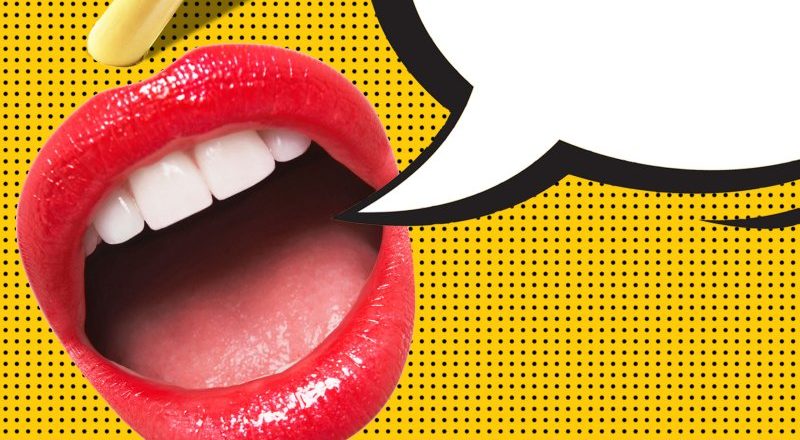A nation must think before it acts.
Americans today have an addiction—and they’re addicted to social media delivered news, much of which is biased, misrepresents facts, or is completely fabricated. Today, the spread of fake news poses a health risk to Western democracies.
Junk news consumption, much like junk food, feels good. It plays to the biases and preferences of the reader, confirming their viewpoints and reinforcing comfortable political positions.
Say you’re addicted to cookies. Your friends and family know this too. They send you recommendations for great cookie spots and deliver homemade morsels in care packages. For a while, you ate them relentlessly—but your cookie addiction came with a price. You craved only cookies and stopped eating nutritious foods.
Your work clothes? They didn’t fit anymore. A quick glance at the “Nutrition Facts” on your favorite cookie’s wrapper explained your weight gain. Your cookie addiction created a health risk, but you knew that you were unhealthy, why you were unhealthy and that if you wanted to lower your health risk, you could do it by eating fewer cookies and treating your addiction.




